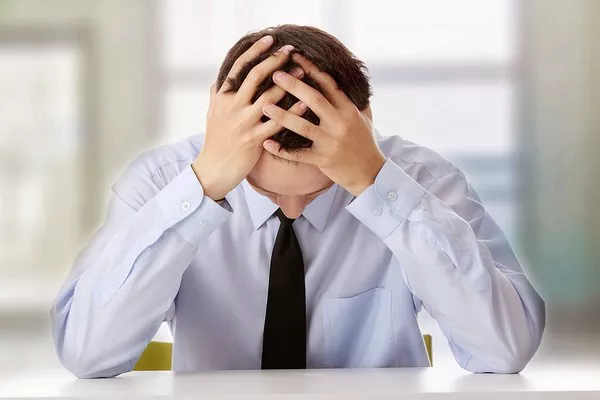New Delhi — Men accounted for 72 percent of suicides in India in 2022, according to data from the National Crime Records Bureau. This alarming statistic has prompted mental health experts to call for urgent attention to the often-overlooked mental health challenges faced by men across the country.
“Men are frequently conditioned to suppress vulnerability, which leads to silent suffering and, in many cases, tragic outcomes,” said Jyoti Kapoor, founder-director and senior psychiatrist at Manasthali. “It is more critical than ever to understand and support men’s mental health. We must normalize conversations around mental well-being, provide accessible therapy resources, and create environments—both at home and in the workplace—that encourage emotional expression without judgment.”
Experts highlight that men’s psychological trauma is compounded by social and legal challenges. Incidents of false accusations, emotional abuse, domestic violence, and legal harassment contribute significantly to men’s distress but often remain unacknowledged.
A study conducted in rural Haryana revealed that over half—52.4 percent—of married men reported experiencing gender-based violence, frequently without access to legal support or psychological care.
“The societal narrative frequently ignores men’s pain,” said Dr. Kapoor. “What we urgently need are reforms that include gender-inclusive mental health policies, safe spaces for men to express emotions, and dismantling harmful stereotypes that discourage vulnerability.”
Dr. Shweta Sharma, General Secretary of the Indian Association of Clinical Psychologists and founder of the Mansa Global Foundation for Mental Health, stressed the profound impact of violence and wrongful accusations on men’s mental health. “Men who suffer violence or face false allegations often endure their trauma in silence, fearing ridicule or disbelief. These experiences can distort their sense of identity, purpose, and safety,” she said.
In clinical practice, Dr. Sharma observed that unaddressed trauma in men frequently manifests as withdrawal, aggression, substance abuse, or suicidal thoughts.
The lack of legal safeguards exacerbates these issues, according to Dr. Preeti Singh, Senior Consultant Clinical Psychologist at Seamless Minds Clinic and Paras Health. Citing a 2013–14 study that found 53.2 percent of rape charges filed during that period were false, Dr. Singh expressed concern over the severe psychological toll on those wrongfully accused. “Such experiences can lead to clinical depression, anxiety, post-traumatic stress disorder, and long-term emotional trauma,” she said.
“These are the silent stories rarely heard—men suffering alone, burdened beyond measure,” Dr. Singh added. “The system must become gender-neutral, fair, and emotionally intelligent. We need to break the silence around men’s pain. Strength can and does look like vulnerability. It’s time to check in, talk to men, and remind them they are not alone.”
As mental health experts continue to advocate for inclusive policies and supportive environments, there is growing recognition that addressing men’s mental health is vital to reducing the country’s suicide rates and promoting overall well-being.
Related topics:


















